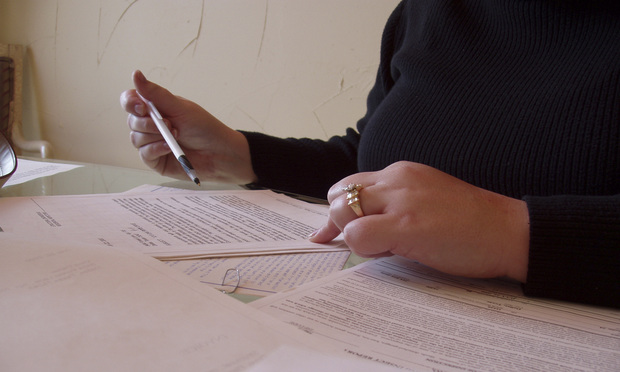The plaintiffs alleging that C.R. Bard’s transvaginal mesh caused them pain, bleeding and other problems received a partial denial to their emergency motion to strike the deposition questions the manufacturer has posed to their treating physicians.
U.S. Magistrate Judge Cheryl A. Eifert of the Southern District of West Virginia ruled Monday that she would grant and deny, in parts, the plaintiffs’ motion. U.S. District Judge Joseph R. Goodwin has ordered the latest depositions of plaintiffs’ treating physicians be conducted in writing and involve no more than 30 questions from Bard initially, 20 cross-questions by the plaintiffs and then 10 or fewer follow-up redirect questions by Bard.
This content has been archived. It is available through our partners, LexisNexis® and Bloomberg Law.
To view this content, please continue to their sites.
Not a Lexis Subscriber?
Subscribe Now
Not a Bloomberg Law Subscriber?
Subscribe Now
LexisNexis® and Bloomberg Law are third party online distributors of the broad collection of current and archived versions of ALM's legal news publications. LexisNexis® and Bloomberg Law customers are able to access and use ALM's content, including content from the National Law Journal, The American Lawyer, Legaltech News, The New York Law Journal, and Corporate Counsel, as well as other sources of legal information.
For questions call 1-877-256-2472 or contact us at [email protected]






